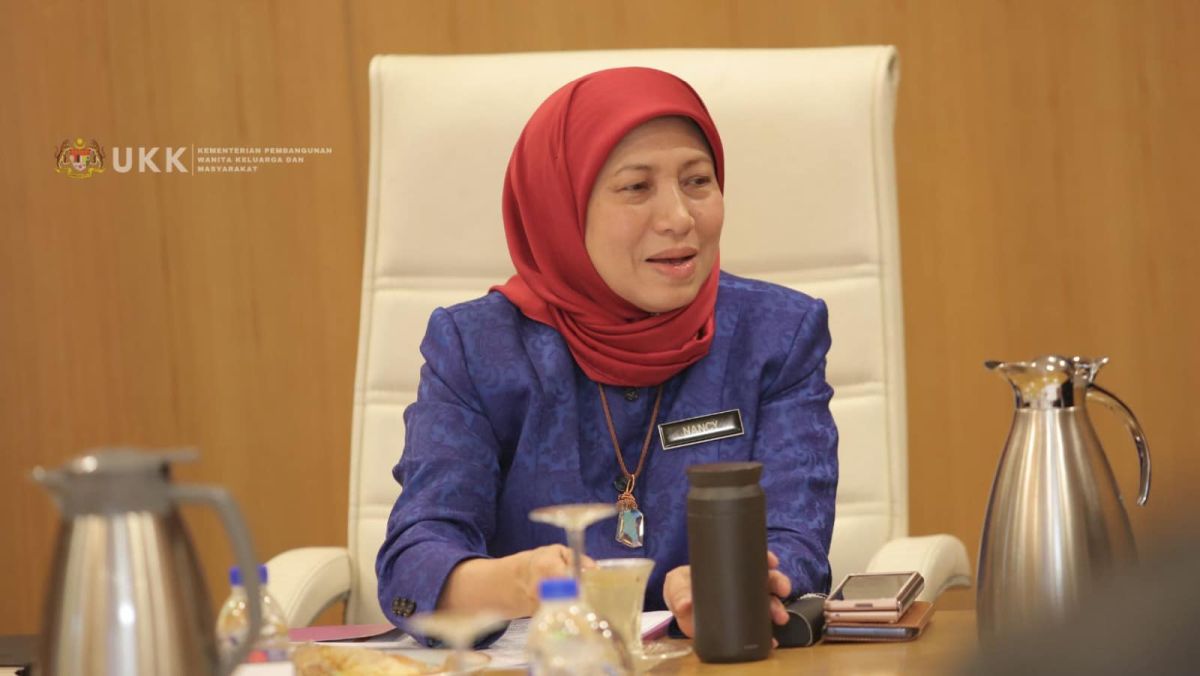KUALA LUMPUR, July 6 – There are 354,945 illegitimate children in Malaysia from 2013 to May 2023, according to the Ministry of Home Affairs’ records, said Nancy Shukri, Minister of Women, Family and Community Development (KPWKM), in a written parliamentary reply on June 26.
She was responding to a question by Senator Hussin Ismail, who wanted to know the definition of and asked for data on illegitimate children conceived out of wedlock according to ethnic breakdown, as well as measures the government will take to prevent cases of children born out of wedlock from recurring.
“For your information, there is no definition of illegitimate children under Section 13, Births and Deaths Registration Act 1957 (Act 299),” Nancy said. “However, the Islamic Family Law (Federal Territories) Act 1984 (Act 303) for example, provides the definition ‘illegitimate’, in relation to a child, means born out of wedlock and not a child conceived out of marital intercourse.”
Through the National Population and Family Development Board (LPPKN), KPWKM has implemented a range of initiatives to inculcate the importance of the institution of marriage and family, said Nancy. “The initiatives mainly cover the legal issues of marriage and reproductive health as a means of combating the social problems of adolescents.
LPPKN’s Policy and Plan of Action Reproductive Health and Social Education (PEKERTI) emphasises the importance of developing reproductive health comprehension and safety skills, whether through formal education or informally outside of school.
Among its informal initiatives is the KafeTEEN centre for teenagers, as well as efforts to increase the competence of educators, including empowering parents in reproductive health issues.
“LPPKN has also developed three reproductive health modules, which are the adolescent self-assessment module, male self-assessment module and the ACE Module (Accurate, Comprehensive and Effective).
“These modules provide training on how to say ‘No’ to immoral acts and the 3R (Rights, Respect and Relationship) aspects in relationships, cybersafety, as well as provide legal input on sexual behaviour among teenagers,” explained the minister.
“The expansion of the SmartStart 2.0 Module, which was developed by LPPKN also details the legal elements of marriage, with the objective of providing knowledge and understanding on the procedures for registering a marriage for non-Muslim couples according to existing Family Law, the rights of wives and husbands under the law, actions to be taken when domestic problems arise, and actions that can be taken or imposed in case of violation of any provision of the law.”












